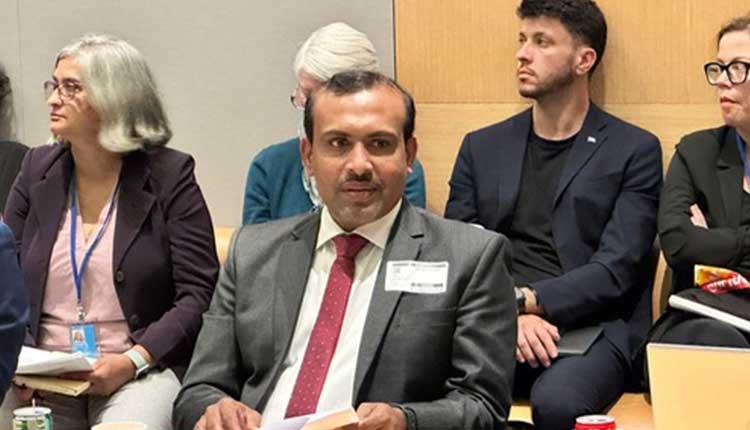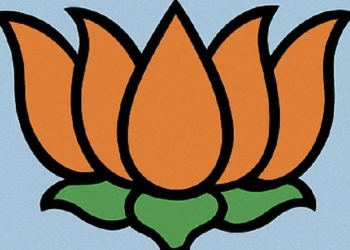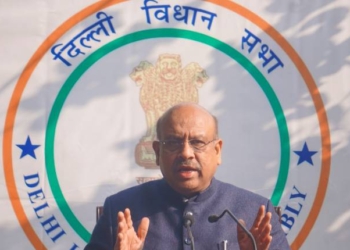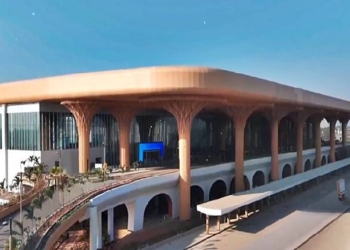Thiruvananthapuram: On Monday at the UN headquarters Umer Melmuri, director of the International Interfaith Harmony Initiative and Global Relations, Ma’din Academy headquartered at Malappuram taking part at the Trilateral Partnership of Regional Faith-based Networks for the SDGs emphasized Ma’din Academy’s role in promoting sustainable development goals ( SDG).
Ma’din Academy is known for holding the largest prayer gathering on Ramzan, outside of Makkah and Madina.
Melmuri talking to IANS after speaking at the UN headquarters soon after the event took place pointed out the initiatives that align with SDGs, such as quality education, healthcare access, and empowerment of women and highlighted how they use the biggest Ramzan gathering to promote peace through an anti terrorism pledge and one million harmony home projects.
This event took place as part of the 78th United Nations General Assembly.
The primary objective of the meeting according to Melmuri, was to enhance awareness among decision-makers, policymakers, and stakeholders
regarding the crucial role played by religious communities and faith-based and interreligious organizations in achieving the SDGs and effectively
responding to multiple global crises.
The Malappuram headquartered Ma’din Academy has over 30000 students in their 45 educational institutions across South India.
Speaking at the event Melmuri said these initiatives are grounded in the academy’s commitment to its community. It promotes an initiative called one
million harmony homes and Religion for Peace program.
“India’s rich tapestry of cultures, languages, and faiths is a testament to its diversity. This very diversity is our strength, but it also poses
challenges. The SDGs provide a unifying framework to bridge differences and work together for a better future. Sufi traditions in India strengthen the
multiculturalism in India,” pointed out Melmuri.
On the role of faith institutions he said they have long played pivotal roles in shaping our society.
“They are centres of influence and moral authority. In the context of SDGs, these institutions can act as catalysts for change, leveraging their vast
networks and resources,” added Melmuri.
On facing the future challenges, Melmuri pointed out that they will be able to counter it by forging partnerships, sharing best practices, and learning
from each other.
(IANS)
















